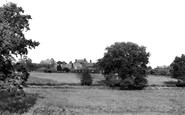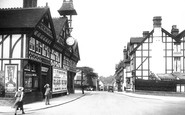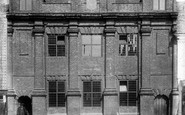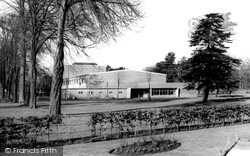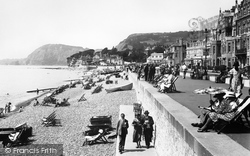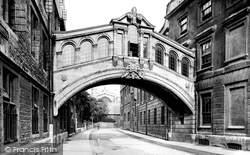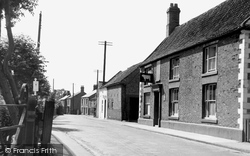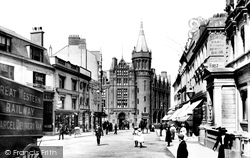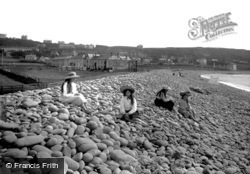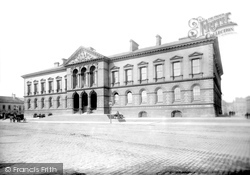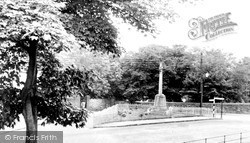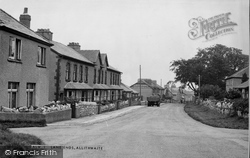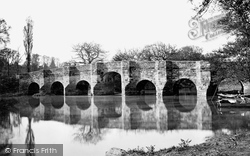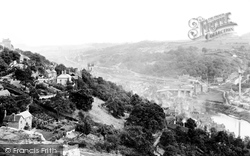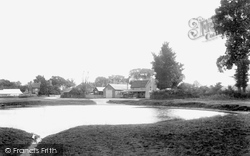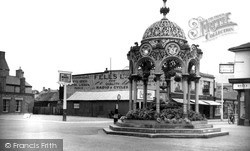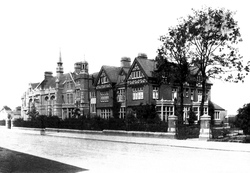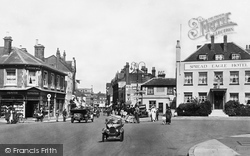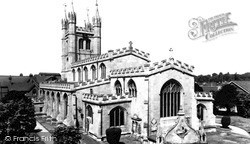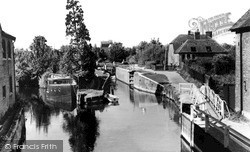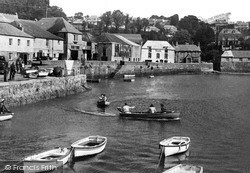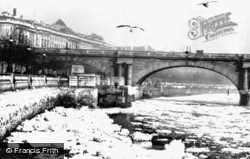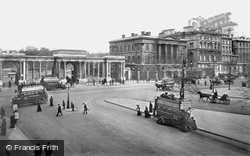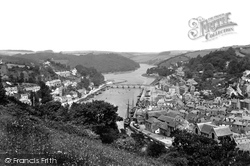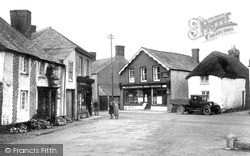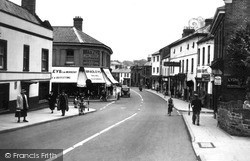Places
Sorry, no places were found that related to your search.
Photos
5 photos found. Showing results 741 to 5.
Maps
83 maps found.
Books
Sorry, no books were found that related to your search.
Memories
1,127 memories found. Showing results 371 to 380.
Scarning School
At the age of 5yrs I started my education at Scarning School, I lived at Woodhill [see memory of Dereham] which meant about a 2 mile walk to school with my 10 yr old sister usually stopping to play in the stream at Podmore on the ...Read more
A memory of Scarning in 1920 by
Scarlet Fever
I had scarlel fever and was sent the Isolation Hospital as it was then called . I had no idea where I was and hated it there so much so I didn't eat.I was only about 4 or 5 & one night I had diarroea & fouled my ...Read more
A memory of Chandler's Ford in 1930 by
Scales Street Seedley Salford 6
Seedley, Salford 6 God, how this page is bringing back memories! I'm a demob baby! Mind you, a lot of men coming back from the war celebrated the that's why the baby boom happened! Although born in Old Trafford, ...Read more
A memory of Salford by
Saturday Girl In Snows The Bakers.
I worked for 3 years as a Saturday girl in Snows the bakers (in fact the head office at the time) at the Brondesbury end of Kilburn High Road. It was not far from the Foresters Hall which I ...Read more
A memory of Kilburn in 1951
Saturday Mornings
Saturday mornings was when my mother and I would join the family next door for our day out, down to the Tarpots Corner and a bus into Wescliff by the playing fields and then a dancing lesson at Mimi Greens School of Dancing ...Read more
A memory of Great Tarpots in 1946 by
Salters Hall 1949
My mother ("Molly" Tonks) was manageress at the Salters Hall cafe. I used to roll napkins and silverware for her after school. We lived in the flat above. We traveled to America on Cunard White Star's Britannic in late ...Read more
A memory of Droitwich Spa in 1949 by
Salmon Street
Salmon Street was where I was born, and Kingsdown was where my family lived for at least 140 years. Salmon Street Walk Ler Street never changed that is until the Second World War when we were well and truly bombed. There is so much to say about Kingsdown, too much to put in this small space.
A memory of Kingsdown in 1930
Ryhill Res
Ryhill Reservoir was the place where my sister Mary took me in the summer months, mainly on Sundays, and at that time there was a small shop which sold ice cream and pop and also fishing nets attached to a bamboo cane; there were plenty ...Read more
A memory of Ryhill in 1961 by
Rye Grammar School
I have a great-grandfather and several of his brothers who went to this grammar school in the 1830s and 1840s and they all had very nice writing with perfect copperplate. So maybe the severity on the outside was reflected in the ...Read more
A memory of Rye
Rydal Grove
I lived at 21 Rydal Grove and went to Southwark Street school in the 1960,s. Left in early 70's. My dad's name was Derrick Routhan he worked at Bairnwear then the NAAFI on Bottle Lane sadly he died in 1985. Remember so much about ...Read more
A memory of Old Basford by
Captions
1,233 captions found. Showing results 889 to 912.
The Gardens have two more claims to fame: they became the home of Glamorgan County Cricket Club, and much earlier, in September 1891, they had staged Buffalo Bill's Wild West Show.
In the 1930s Sidmouth acquired a reputation as an upmarket holiday resort, not so much for its sea-bathing as for the tranquillity of its setting and the mildness of its climate.
Another of Oxford's much-loved landmarks is the Hertford College Bridge, or the Bridge of Sighs as it is otherwise known.
There is still a school, but it is much further on and on the other side of the river.
It is clear that the Victorians remodelled much of the old city, constructing public and commercial buildings on a grand scale.
has much to commend it as a defence line against the Atlantic Ocean, which rolls relentlessly in its attempt to reclaim Northam Burrows which lie behind.
The low arched door led to a basement store where imported goods could be held until duty was paid.
Obviously, the names of the soldiers of the Second World War, which are also on the monument, were added to the plinth much later.
The view was taken looking down Church Road from Cartmel Road by the crossroads, and is still much the same in appearance.
Six of the arches are original; however, the central one was raised in 1822 to allow barges to pass through.
has much to commend it as a defence line against the Atlantic Ocean, which rolls relentlessly in its attempt to reclaim Northam Burrows which lie behind.
Much of the heavy industry had already moved to the Black Country, Lancashire, south Wales etc. Yet one can still sense the pall of smoke that lies over all of the buildings in the valley.
Today with a reduced pond and an enlarged green, there exists an excellent cricket pitch, all of which remains in full view of the much larger pub and restaurant now named 'Le Toad and Stumps
This ornate fountain was erected in 1912 and cost £180; it was the subject of much public debate.
The headmaster, L C Thring, and the school were very much part of the community, and traditional features like founders' day and speech day were important local events.
The 17th-century inn, the Spread Eagle, much altered in the 19th century, was originally a favourite with visitors to Epsom Spa - and still caters for visitors to the famous races.
Much of the church was vandalised and defaced at this time with lead stripped from the nave and aisle roofs. Even the weathercock was pulled down.
In its heyday, long before this picture was taken, the canal was used to transport goods and products such as coal, iron, stone, agricultural wares and much more besides.
Its sheltered harbour was once for fishing boats, but it is now very much a haven for boating, holidays and retirement.
Canova considered the old Waterloo Bridge, with its nine elliptical arches, to be one of the most magnificent in Europe.
The handsome triple-arched gateway, with its classical screen and groups of Ionic columns, was intended originally to create a noble approach to the Park from Buckingham Palace.
Looe's twin towns are joined by a picturesque seven-arched bridge.
Here the odd but much loved cleric lived and preached. He kept a 'little shanty' on the cliffs to which it was his habit to retire, to 'be alone with his books, his thoughts and with God'.
The Town Hall, across the road, dates from 1888; it mirrors the ogee arch of the cross in its own flat-fronted entrance. It was a gift to the town from the Bathurst family.
Places (0)
Photos (5)
Memories (1127)
Books (0)
Maps (83)

